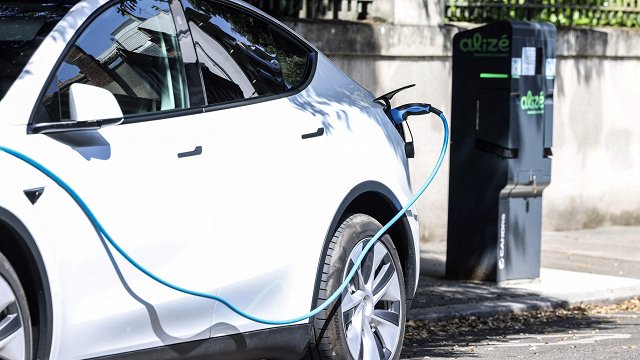State aid amounts to EUR 4.5 thousand for a new electric car or half of that amount for a used one. The support is only available for private individuals. However, as the auto industry says, a more significant contribution to reducing emissions would be to support the purchase of electric cars for businesses.
The cars purchased by individuals are mostly new, costing on average 35 thousand euros. The most popular vehicle models – Nissan Leaf (number of cars sold – 165, average price – EUR 25,832), Cupra Born (number of cars sold – 69, average price – EUR 35,066), Hyundai Kona (number of cars sold – 62, average price – EUR 33,215).
The available public funding for this purpose is €10 million, less than half has been spent – around four million. As the Ministry of Climate and Energy says, the program has been extended until the end of next year.
Director of the Climate and Energy Ministry Finance Instruments Department Raimonds Kašs said: “So there are 977 electric vehicles on Latvia's roads that are supported under the program. And this is about 20-25% of the total number of electric vehicles available in Latvia. So this program has made such a significant breakthrough. And particularly in view of the fact that we are only talking about [..] individuals. We are not talking about entrepreneurs where support programs are either already in the process or there will be more."
According to Auto Association president Andris Kulbergs, support for entrepreneurs would have an effect both in terms of car numbers and in terms of climate objectives, as companies react more quickly and they would also have many more cars. As an example, he mentioned taxis, car-sharing platforms, delivery trucks, etc.
There is also a program that currently exists but it has supported only three projects. The reason is not the low interest of entrepreneurs in the program, but the too-strict conditions in the selection of applications. Only exporting manufacturing companies are eligible. These conditions are not going to be changed by the Ministry of Economics.
Gatis Silovs, director of the Department of Energy Finance Instruments of the Ministry of Economics, said: “Our priority, which is set in the National Industrial Policy, is that we support manufacturing companies directly. [..] If more extensive programs are to be considered, special programs must be developed."





























